Have a question regarding Engineering as a career option?
Click here (for Teachers)
Click here (Students/Parents)
- UK - Strong
- 19% of the UK's workforce are employed by the civil engineering industry
- London, Leeds, Manchester, Doncaster and Birmingham are top 5 places in UK with most civil engineering jobs
- Australia - Very strong
- The number of Civil Engineers grew strongly over 5 years
- Future prospects are extremely good
- Top 3 cities that recruit most civil engineers in Australia include Sydney, Melbourne and Brisbane
- Canada - Very strong
- Over the period 2019-2028, new job openings expected to increase are 20,900
- Currently, the strongest demand for civil engineers in Canada's major city centres such as Toronto, Vancouver and Calgary
Indicative salaries (per year) in the ‘country of study’ post-completion of degree
Study level | Starting salary UK (Per year in Pounds) | Starting salary Australia (Per year in Australian Dollars) | Starting salary Canada (Per year in Canadian Dollars) |
|---|---|---|---|
After Bachelor’s degree | GBP 20,000-30,000 | AUD 80,000- 90,000 | CAD 45,000-50,000 |
After Master’s degree | GBP 40,000-50,000 | AUD 90,000-1,00,000 | CAD 50,000-65,000 |
Have any specific question regarding ‘Salaries or Post Study Work Visa’, Universities or programs?
For Teachers
For Students

Career Outcomes and Tasks
(performed by those pursuing career)
- Determines construction methods, materials and quality standards
- Drafts and interprets specifications, drawings, plans, construction methods and procedures
- Organises and directs site labour
- Studies architectural and engineering drawings
- Analyses structural systems for both static and dynamic loads
Details about career
Knowledge- (theoretical or practical understanding of a subject or knowledge areas)
Knowledge area / Skill level required (on a scale of 10)
Description
Engineering and technology
9 out of 10
Use engineering, science and technology to design and produce goods and services
Building and construction
8 out of 10
Materials, and methods used to construct or repair houses, buildings, or other structures like highways and roads
Technical design
8 out of 10
Design techniques, tools, and principles used to make detailed technical plans, blueprints, drawings, and models.
Mathematics
7 out of 10
Business principles involved in strategic planning, leadership, and coordinating people and resources
Administration and management
7 out of 10
Arithmetic, algebra, geometry, calculus, or statistics
English language
6 out of 10
English language including the meaning and spelling of words, rules of composition, and grammar
Skill- (soft skills, hard skills, domain-general, and domain-specific learnt skills)
Skill type / Skill level required (on a scale of 10)
Description
Mathematics
7 out of 10
Using Maths to solve problems
Reading comprehension
7 out of 10
Reading work related information
Operational analysis
7 out of 10
Understanding needs and product requirements to create a design
Critical thinking
6 out of 10
Thinking about the pros and cons of different ways to solve a problem
Active learning
6 out of 10
Being able to use what you have learnt to solve problems now and again in the future
Systems analysis
6 out of 10
Figuring out how a system should work and how changes in conditions, operations, and the environment will affect it
Abilities- (physical and mental abilities: functional, personal traits, attitudes, and knowledge-based abilities)
Abilities / Skill level required (on a scale of 10)
Description
Oral comprehension
7 out of 10
Listen to and understand what people say
Oral expression
7 out of 10
Communicate by speaking
Writing comprehension
7 out of 10
Read and understand written information
Mathematics
7 out of 10
Choose the right Maths method or formula to solve a problem
Problem spotting
7 out of 10
Notice when something is wrong or is likely to go wrong, even if you can't solve the problem
Deductive reasoning
7 out of 10
Use general rules to find answers or solve problems logically
Activities / Skill level required (on a scale of 10)
Description
Making decisions and solving problems
8 out of 10
Using information to work out the best solution and solve problems
Planning and prioritising work
7 out of 10
Deciding on goals and putting together a detailed plan to get the work done
Thinking creatively
7 out of 10
Using your own ideas for developing, designing, or creating something new
Keeping your knowledge up-to-date
7 out of 10
Keeping up-to-date with technology and new ideas
Communicating within a team
7 out of 10
Giving information to co-workers by telephone, in writing, or in person
Coordinating the work of team
7 out of 10
Getting members of a group to work together to finish a task
Have any specific question regarding ‘career outcomes’ and details about careers in these countries?
For Teachers
For Students
Designation(s) in the career-


Geotechnical engineer
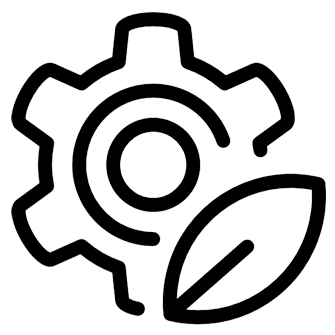
Environmental engineer
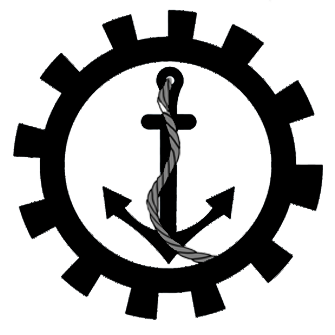
Marine engineer

Engineering manager
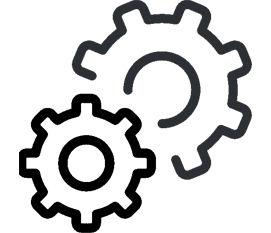
Design engineer

Water resource engineer

Building control surveyor
Demands in the career-
- Use electronic mail
- Work with people in group or teams
- Be very exact or highly accurate
- Telephonic conversation or face-to-face interaction with people
- Make decisions to have a large impact on other people

Values of the career- (Achievement, Independence, Relationships, Support, Working conditions, Recognition)
Work values / How important is it?
Description
Independence
8 out of 10
Using information to work out the best solution and solve problems
Working conditions
8 out of 10
Deciding on goals and putting together a detailed plan to get the work done
Writing comprehension
8 out of 10
Using your own ideas for developing, designing, or creating something new
Mathematics
7 out of 10
Keeping up-to-date with technology and new ideas
Problem spotting
6 out of 10
Giving information to co- workers by telephone, in writing, or in person
Study options at UG level (Bachelor’s)-
Country | Entry requirements & pre-requisites | Range of yearly fees | Starting salaries respective countries |
|---|---|---|---|
UK |
| GBP 10,000-20,000 | GBP 20,000-30,000 |
Australia |
| AUD 40,500- 50,000 | AUD 80,000-90,000 |
Canada |
| CAD 30,000-40,000 | CAD 45,000-50,000 |
Names of degrees with specializations (Bachelor’s)-
UK
Bachelor of Civil Engineering
Bachelor of Science (Building Surveying) (Hons.)
Bachelor of Engineering (Building Services engineering) (Hons.)
Bachelor of Engineering (Building Services and Sustainable Engineering) (Hons.)
Australia
Bachelor of Engineering (Civil and Environmental) (Hons.)
Bachelor of Engineering (Civil Engineering and Infrastructure) (Hons.)
Bachelor of Engineering (Civil & Construction Engineering)
Bachelor of Engineering (Hons.) (Civil and Structural)
Bachelor of Science (Civil and Structural Engineering)
Canada
Bachelor of Engineering (Civil Engineering – Management Sciences)
Bachelor of Engineering (Civil Engineering) (co-op)
Study options at PG level (Master’s)-
Country | Entry requirements & pre-requisites | Program duration | Range of yearly fees | Starting salaries respective countries |
|---|---|---|---|---|
UK |
| 2 years | GBP 5,000-10,000 | GBP 40,000-50,000 |
Australia |
| 2 years | AUD 30,000-40,000 | AUD 90,000-1,00,000 |
Canada |
| 2 years | CAD 50,000-60,000 | CAD 50,000-65,000 |
Names of degrees with specializations (Master’s)-
UK
Master of Science in Engineering Management
Master of Science in Construction Project Management
Master of Science in Structural Engineering
Australia
Master of Civil Engineering
Master of Structural Engineering
Canada
Master Of Engineering in Construction Engineering and Management
Master Of Engineering in Civil and Environmental Engineering
Master of engineering in geotechnical engineering
Master of engineering In Structural and Earthquake Engineering
Have any specific question regarding study options at Bachelor’s or Master’s level?
For Teachers
Teacher Relationship Manager will call YOU within 2 days for any questions or doubts you have- FREE Service!
Teachers are put directly in contact with Global Universities for any information regarding further studies of your students!
FREE access to notifications, webinars etc…from Global Universities!
For Teachers
For Students
Book your FREE e-counselling session to clarify questions regarding Career and education options- – FREE Service!
Students are put in direct contact with Global Universities. FREE e-counselling to choose best-fit program with top Universities!
FREE access to webinars & information to take an informed decision!
For Students
(job-related, future prospects and more)
https://joboutlook.gov.au/occupations/civil-engineers?occupationCode=233211
https://www.seek.com.au/career-advice/article/a-guide-to-salaries-in-your-industry
https://www.gooduniversitiesguide.com.au/course-provider/courses?keywords=civil+engineering
https://au.indeed.com/career/salaries?from=gnav-homepage
https://www.studiesinaustralia.com/courses-in-australia/search?keywords=civil+engineering
Relevant Videos on the career
Oxford University, UK

University of Cambridge, UK
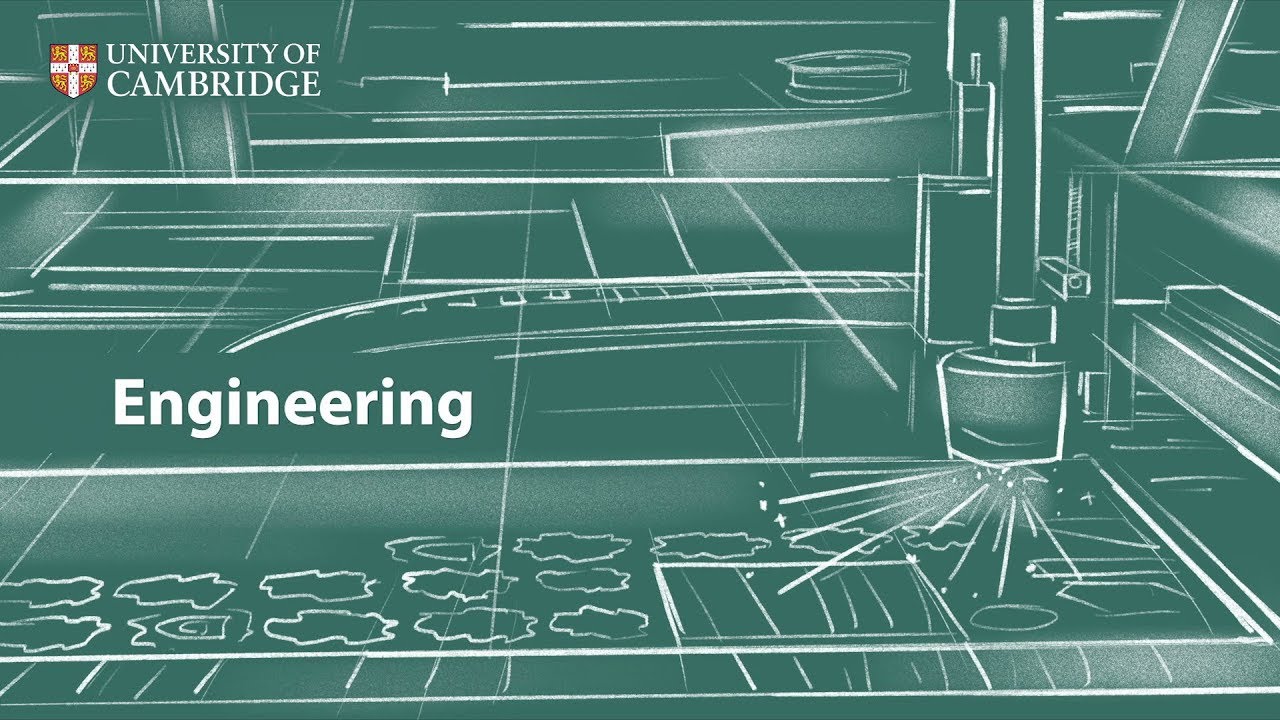
Imperial College London, UK

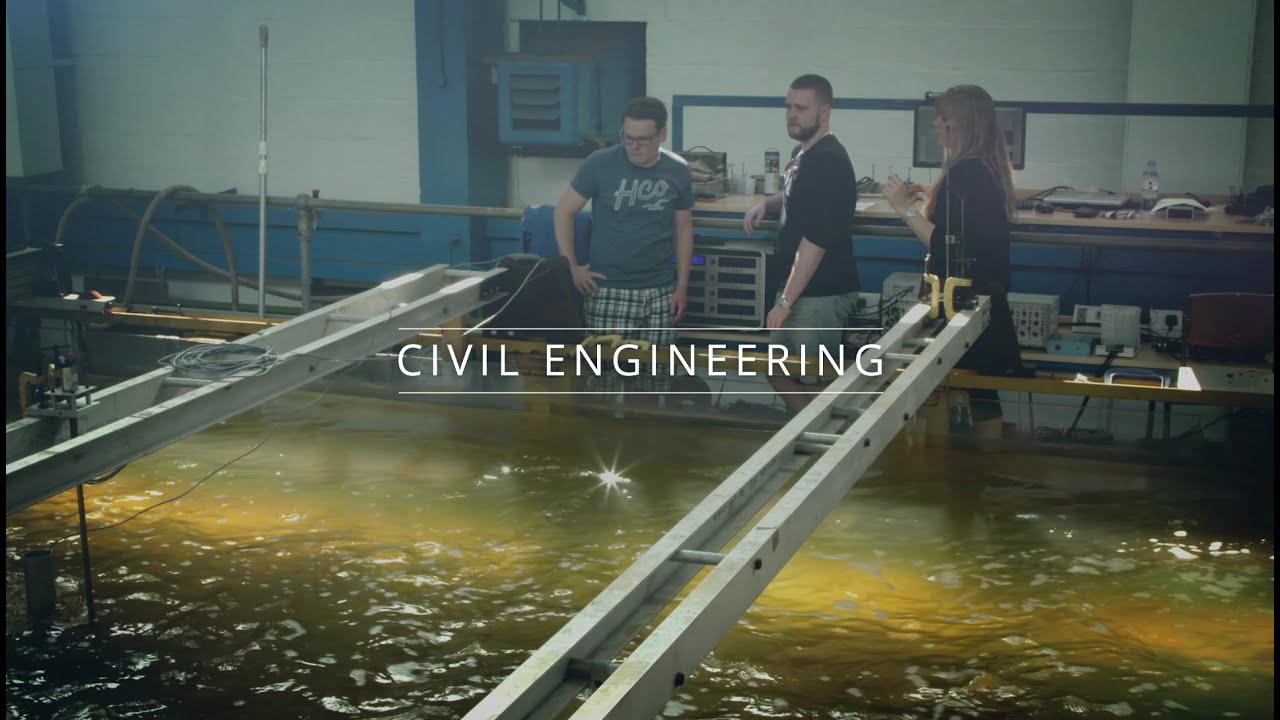
University of Toronto, Canada

University of British Columbia, Canada
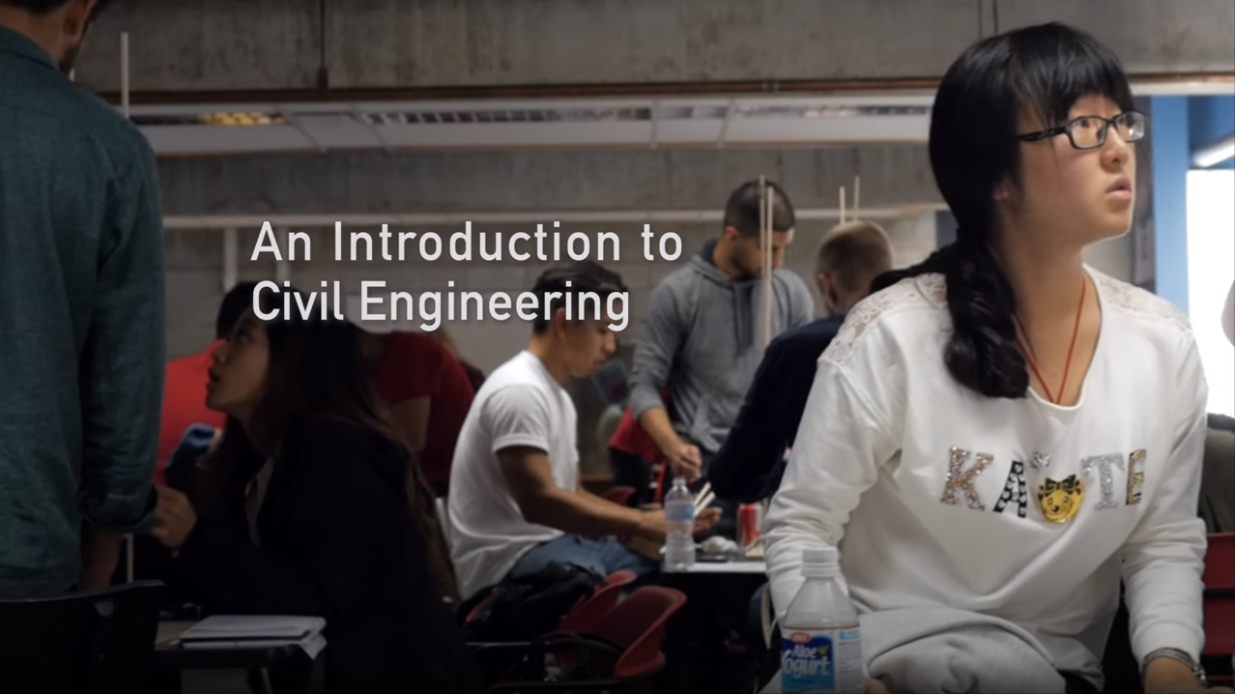
McGill University, Canada

University of Alberta, Canada

University of Sydney, Australia
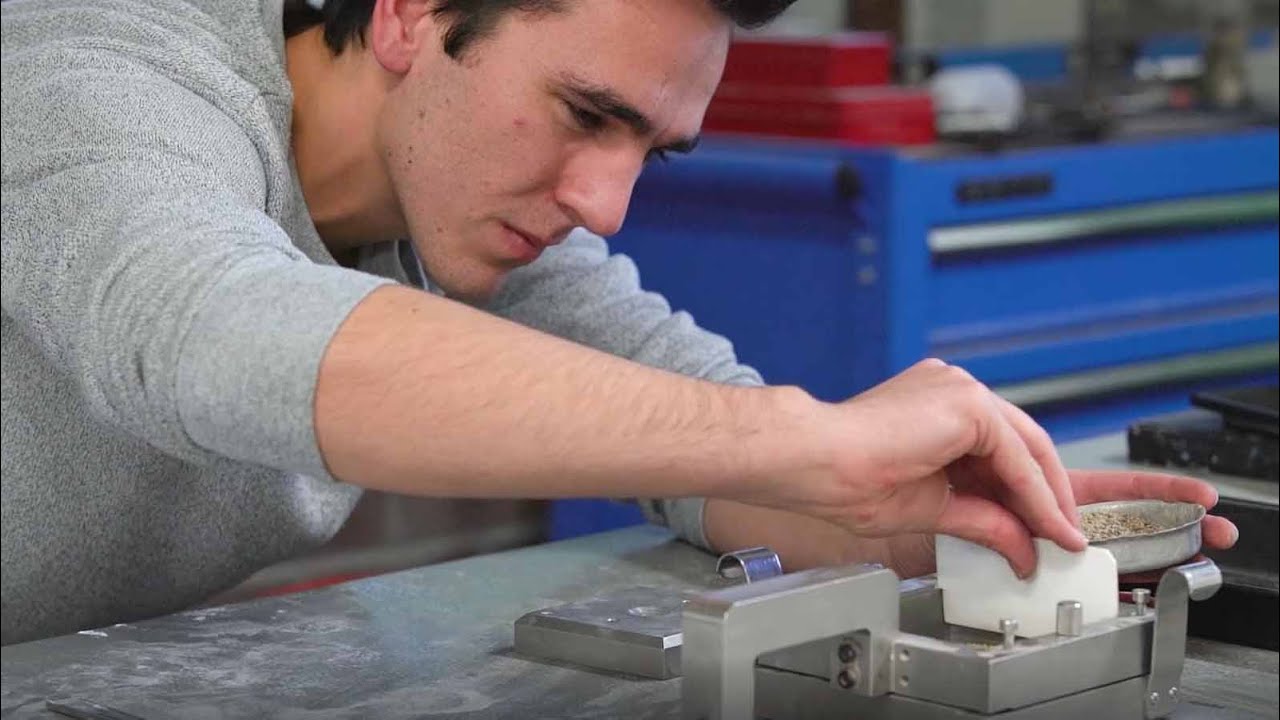
Monash University, Australia

University of melbourne, Australia

Australia

University of Melbourne, Australia

RMIT University, Australia
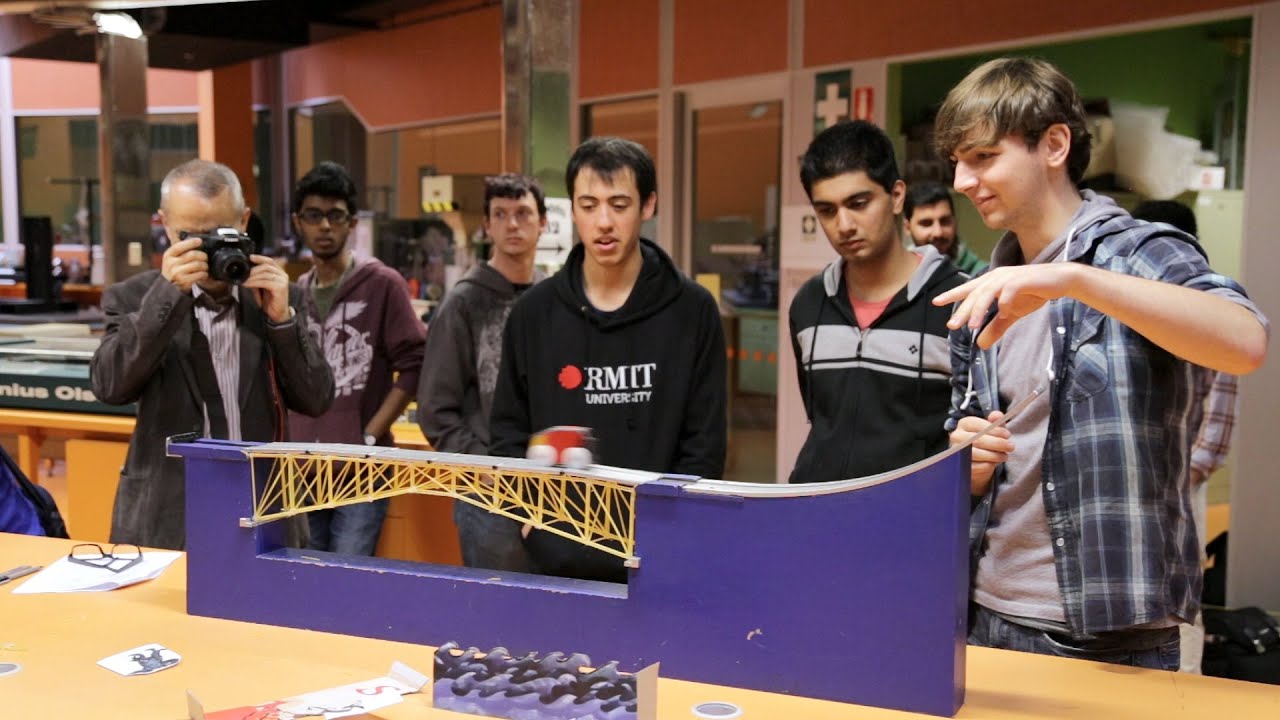
RMIT University, Australia

Flinders University, Australia


MASTER OF AGRICULTURE, CRICOS CODE : 000450G
